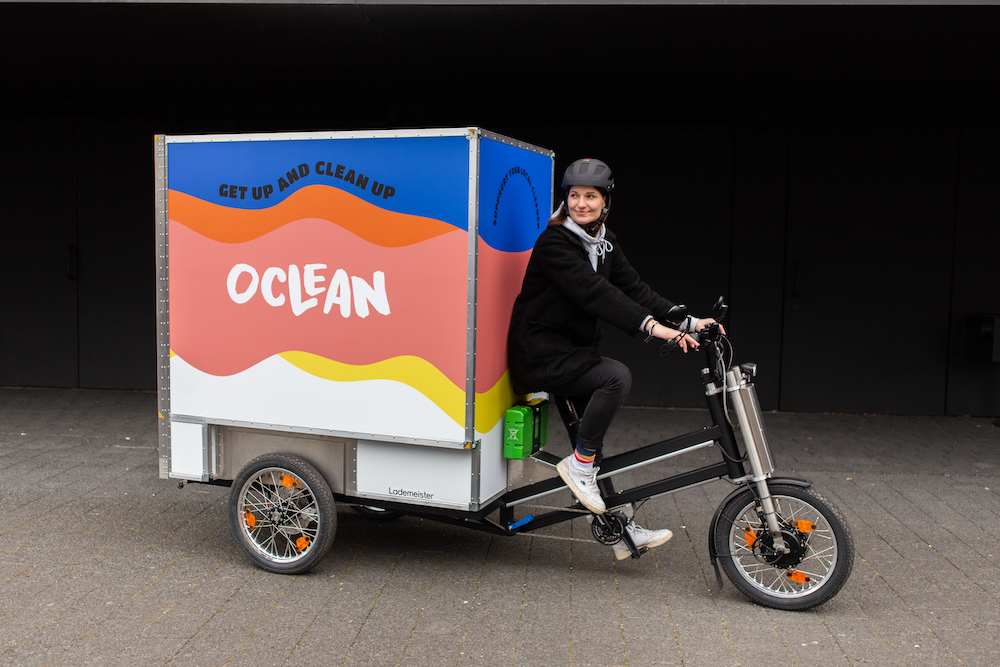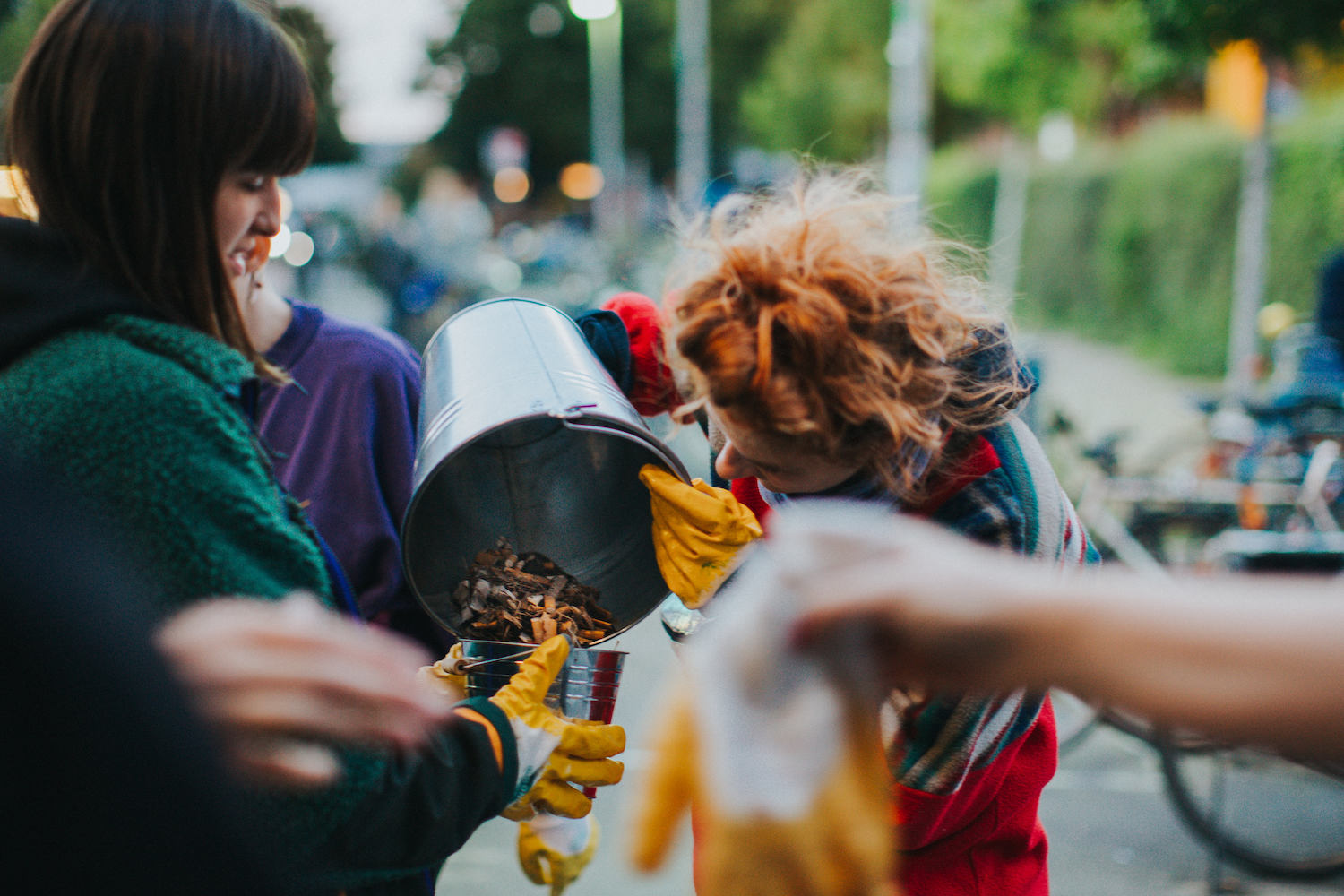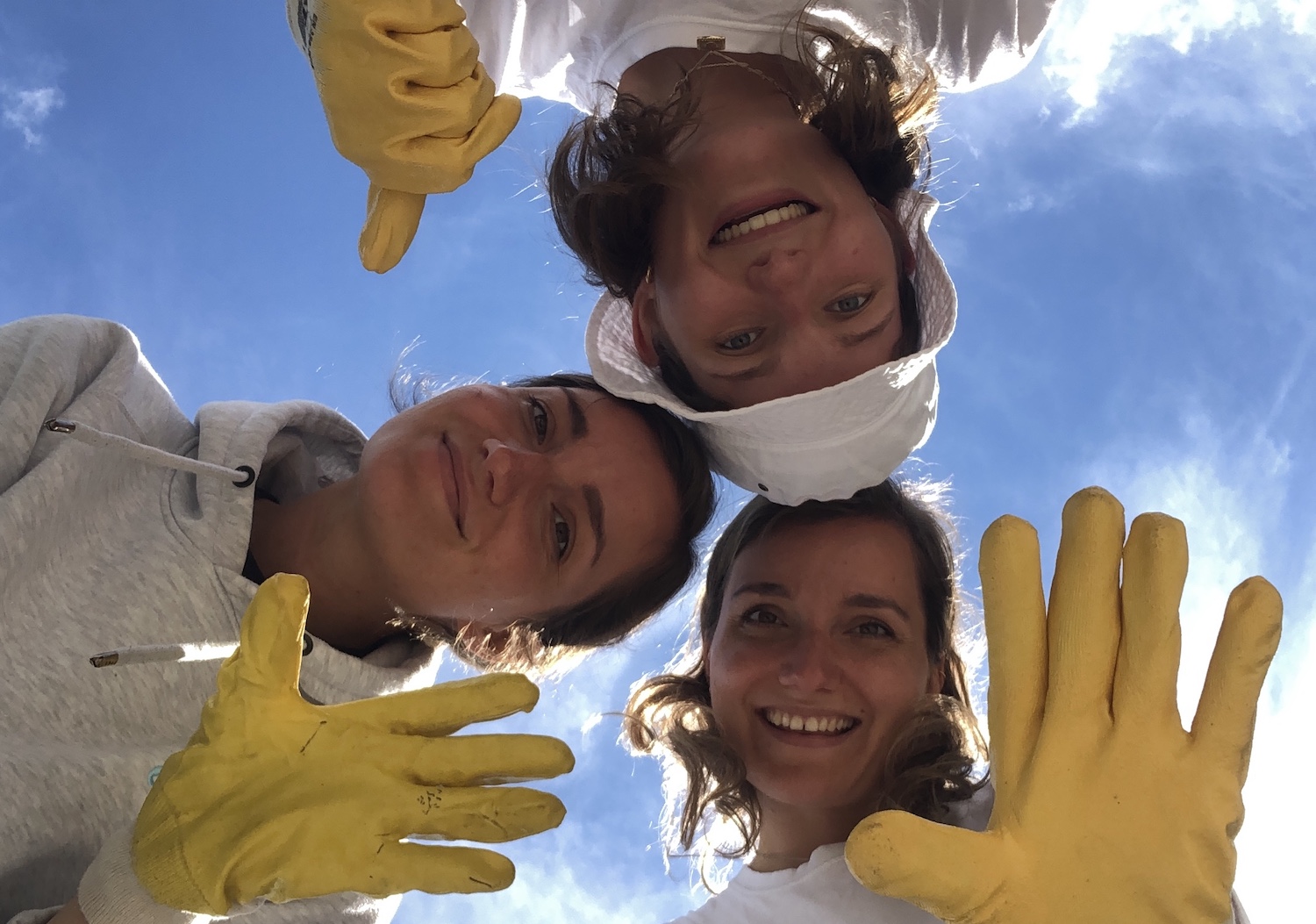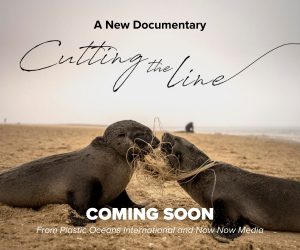Three Sisters Making A Difference In Northern Europe
In the ongoing battle against plastic pollution, it is easy to give primacy to our shorelines and coastal regions as the frontline. But just as the global waters are all connected, so too do we all have a role to play, no matter where on the earth’s terrain we find ourselves.
This often neglected fact is at the heart of the philosophy of Hamburg-based OClean, an organisation fighting pollution in the heart of Germany, and a recent addition to the ever-growing Plastic Oceans International BlueCommunities initiative.

OClean’s founders – the Pippert sisters, Hannah, Lena, and Marie – are keenly aware of the role that cities have to play in contributing to oceanic pollution. Oclean was born in 2019 to make a difference in Hamburg, and to create a platform with which to encourage the urban populace of Germany to collaborate to integrate waste awareness into their day-to-day living.
“We did not simply want to talk about sustainability,” explains Hannah Pippert, “we wanted to act to make a change. So we pooled our resources, and OClean was born in order to encourage people to actively reduce their waste and plastic consumption in the long term.”
Perhaps it is the sisters’ youth, or perhaps it is simply the knowledge that the best community work comes from a union of happy people, but there is an obvious energy in the work that OClean are doing. There is a bona fide dynamism in their approach, in their brightly coloured marketing, and in their upbeat attitude to making a change.
“It has always been important for us that we started slowly, and kept it fun,” Pippert explains. “We know that plastic pollution is an exceptionally large and serious topic, but given that it can be unfamiliar and unattractive to many people, we think it is essential to keep things motivational and playful.”
Of course, Pippert notes, the whole endeavour has the potential to be very frustrating, “but it is important to be optimistic together and to encourage as many people as possible.”
OClean uses a variety of formats to educate the community of Hamburg on the topic of plastic waste in the oceans, including clean-ups for people in the city of Hamburg and beyond. These occur regularly alongside Consciousness Classes (workshops) in the business-to-business and educational sectors, and Consciousness Events such as clothes-swapping events, and sustainable Christmas markets.

The central aim of these talks and events is to show people that by preventing rubbish from entering the city’s rivers – the Alster and the Elbe – they can prevent waste from reaching the North Sea, and thereby the networks of the global ocean. Moreover, by organising cleanups which tackle the streets of Hamburg, OClean are able to engage passersby to get involved.
Indeed, everything at OClean is founded upon the synergies that arise from an interactive exchange of ideas. From the combined brain and willpower of the Pippert sisters leading to the genesis of Oclean, to the partnership with Plastic Oceans, there is a constant prioritisation of learning from one another, and growing stronger as a community.
“Collective strength is one of the great attributes of the BlueCommunities program,” says Andrea Torres, Plastic Oceans International’s Regional Director for Europe. “Everyone is working locally, which is what we know works, but coming together internationally as a body of like-minded organizations makes BlueCommunities a truly global movement. There is no local issue which is not a global issue, and vice versa.”
For the Pippert sisters, this comment goes further too, in that whilst OClean recognizes the space for governmental legislation on environmental affairs, their focus is local activism driving change from the bottom up:
“We want to encourage people to do the rethinking by themselves; everyone can play their part in making the world a little better, and we relish the opportunity to help people work together to do it.”
Because when governments issue dictums, things happen, but when people drive change, things happen beautifully.
Shannon Collins is lead environmental writer at Ninth Wave Global and covers the environment and southern Mexico for Mexico News Daily. She also writes feature pieces for a variety of international media platforms.


